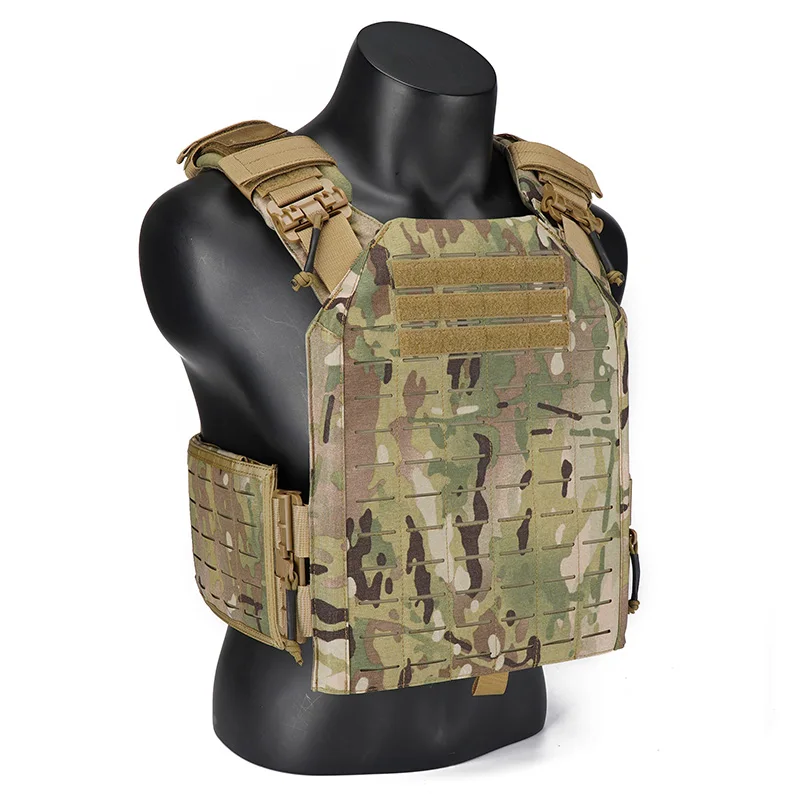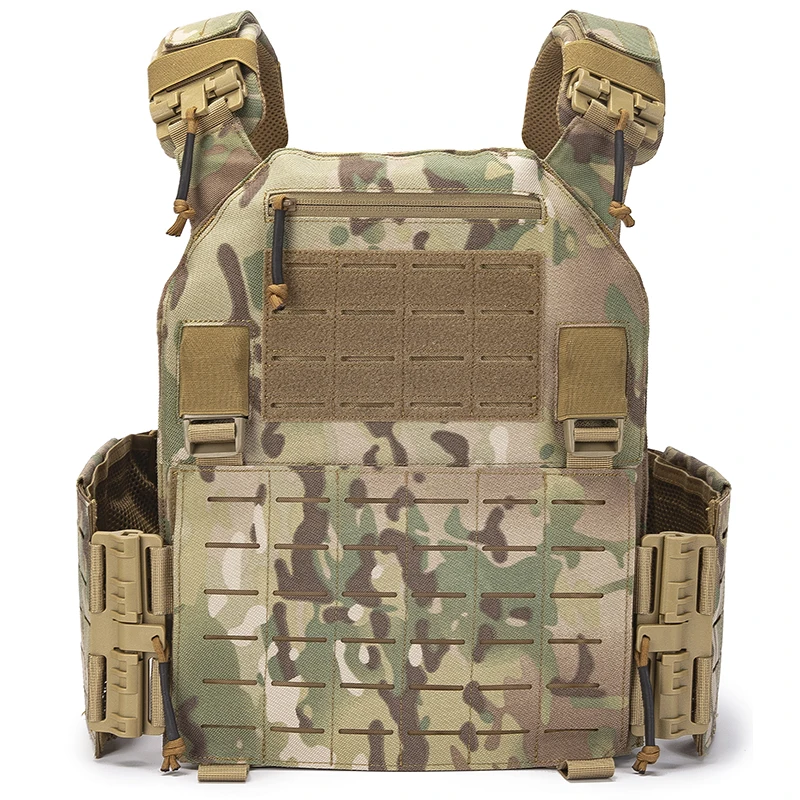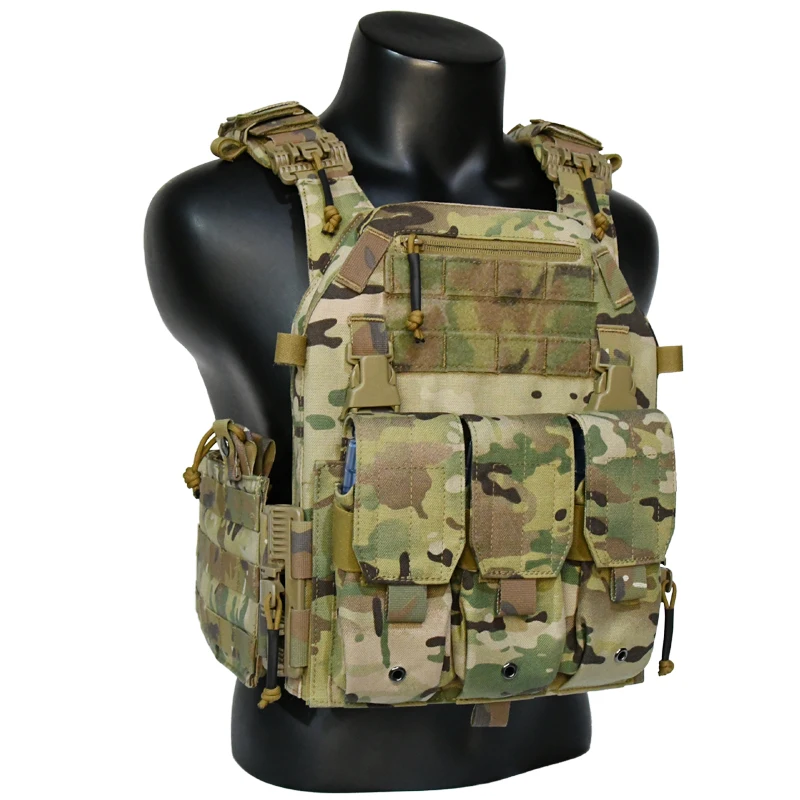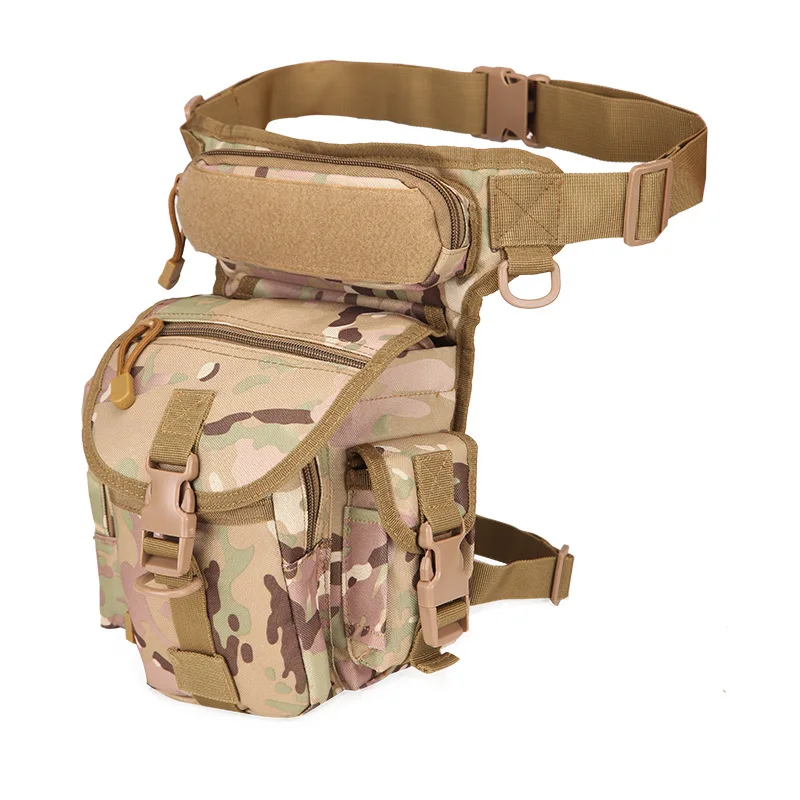Tactical Gear
PRODUCTS
Top 10 Tactical Backpacks For Hiking Camping And Everyday Use
Durability and Construction
Tactical backpacks are known for their exceptional durability. Many are constructed from high-density nylon or other robust materials, resistant to tears, abrasions, and water. Reinforced stitching and heavy-duty zippers are common features, ensuring the backpack can withstand the rigors of outdoor adventures and daily use. Look for features like bar-tack stitching at stress points for added strength. The material's water resistance is crucial; a well-designed tactical backpack will often feature water-resistant coatings or even fully waterproof compartments to protect your gear from the elements.
Beyond the material itself, the overall design contributes to durability. Consider the backpack's frame; internal frames provide excellent weight distribution, while external frames offer added protection and attachment points. A well-designed suspension system with padded shoulder straps and a supportive hip belt is also vital for comfort and longevity, preventing premature wear and tear.
Organization and Compartmentalization
One of the defining features of tactical backpacks is their superior organization. Numerous compartments, pockets, and pouches allow for efficient packing and easy access to your gear. Dedicated compartments for laptops, tablets, and hydration reservoirs are common, while smaller pockets cater to smaller items like pens, keys, and multi-tools. Molle webbing systems on the exterior provide further customization options, allowing you to attach additional pouches and accessories as needed.
Internal organization is just as important. Consider backpacks with dividers and compression straps to keep your gear secure and prevent shifting during movement. Easily accessible pockets for frequently used items are a bonus, enhancing convenience and practicality. The layout and accessibility of compartments should align with your specific needs and how you typically organize your belongings.
Comfort and Ergonomics
While durability and organization are paramount, comfort is equally crucial, especially during extended use. Look for backpacks with well-padded shoulder straps, a supportive hip belt, and a breathable back panel. These features help distribute weight evenly, reducing strain and discomfort, particularly when carrying heavy loads on hikes or camping trips. Adjustable straps allow for a personalized fit, ensuring optimal comfort for users of various builds.
Consider the backpack's weight and overall dimensions. While durability often implies heavier construction, choosing a backpack that's too heavy will negatively impact comfort and usability. The backpack's size should also match your typical load; an overly large backpack can feel cumbersome even when lightly packed, while a small backpack may lack the necessary capacity for longer trips.
Features and Functionality
Beyond the basics, tactical backpacks often incorporate additional features that enhance their versatility. These can include hydration bladder compatibility, external attachment points for trekking poles or other gear, and even integrated rain covers for enhanced weather protection. Some backpacks also feature hidden compartments for valuables, adding an extra layer of security.
Consider the specific features that align with your intended use. If you frequently hike, a hydration bladder compartment and trekking pole attachments are valuable assets. For daily commuting, a dedicated laptop compartment and padded pockets for electronics are essential. Carefully evaluating the features offered and their relevance to your needs is key to selecting the right backpack.
SUBSCRIBE
INQUIRY










